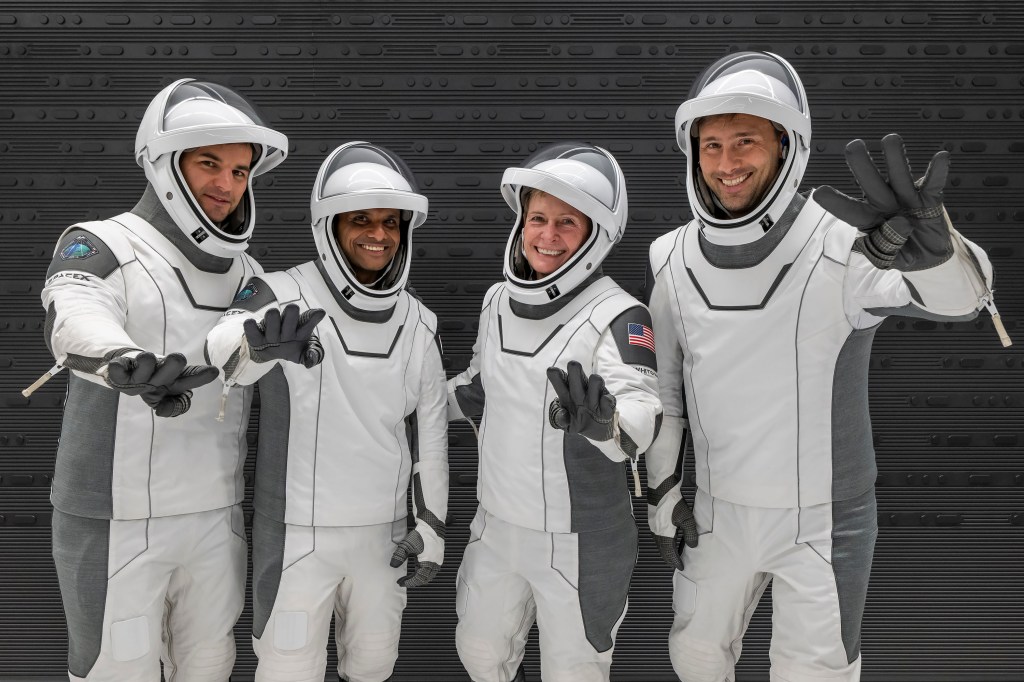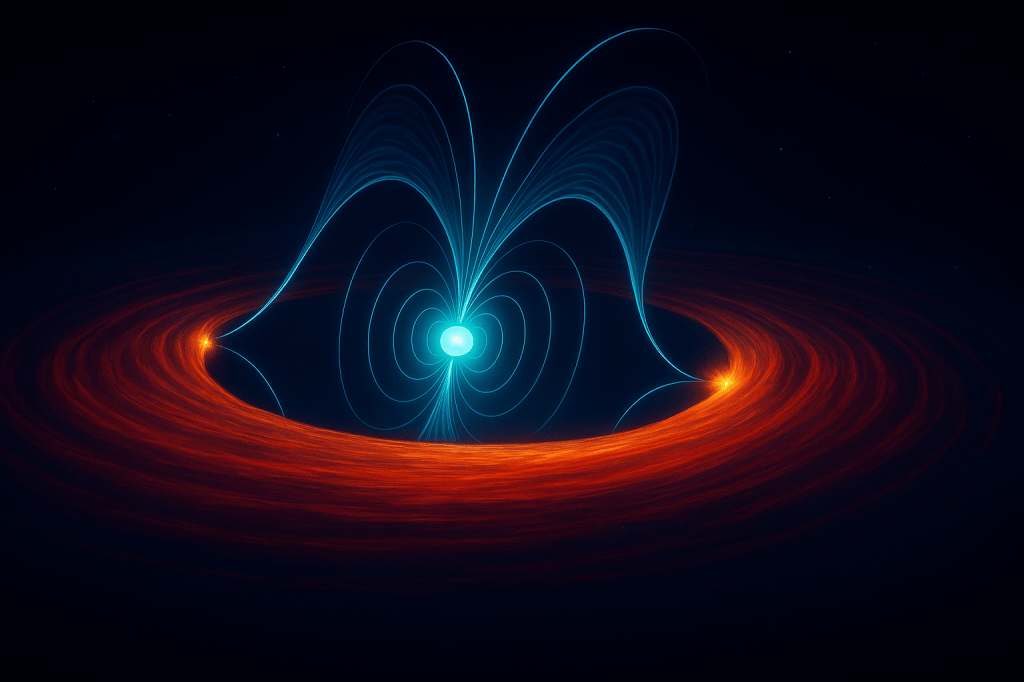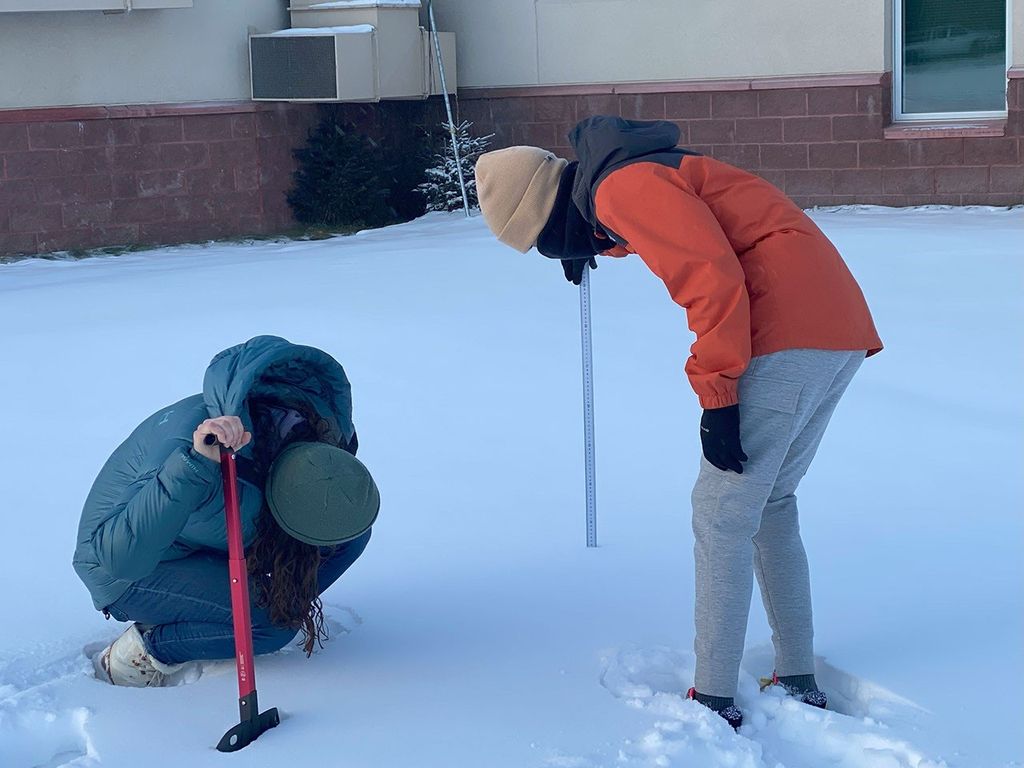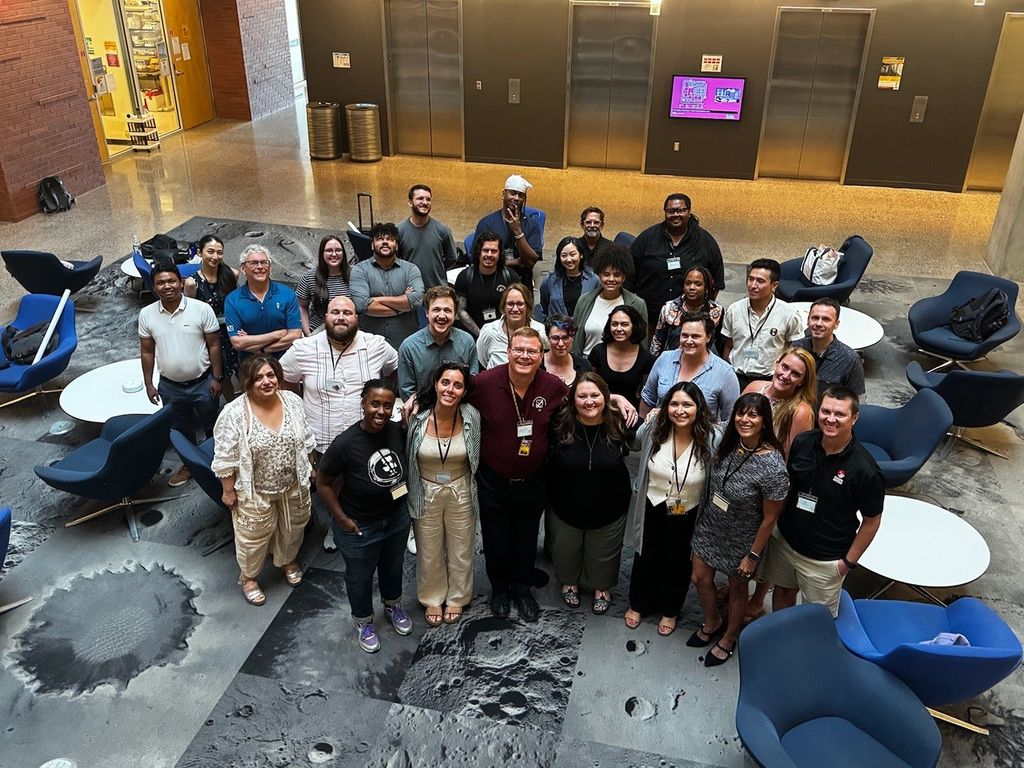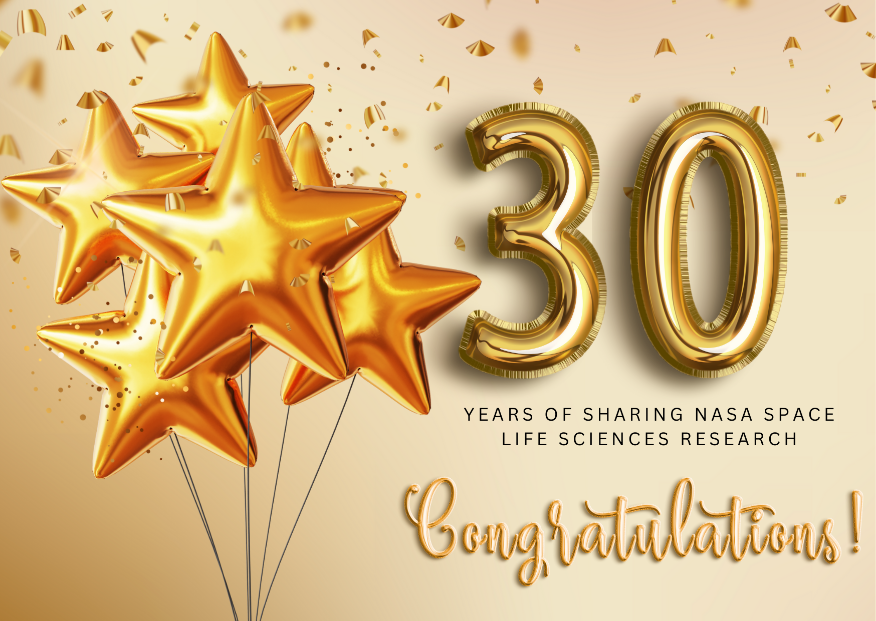Celebrating 30 Years of Space Biology Data!
We are excited to celebrate several key milestones in NASA’s commitment to advancing space life sciences through open data sharing, as highlighted in the recent publication “Celebrating 30 Years of Access to NASA Space Life Sciences Data.” This paper reflects on the incredible journey of NASA’s data-sharing platforms, which have empowered researchers globally to make groundbreaking discoveries.
30 Years of ALSDA – For three decades, the NASA Ames Life Sciences Data Archive (ALSDA) has been a cornerstone of space biology, providing researchers access to invaluable life sciences data from space missions. ALSDA has played a critical role in preserving and sharing detailed experiment descriptions, payload data, and telemetry results, enabling scientists worldwide to gain insights into the biological effects of space travel.
30 Years of NBISC – Alongside ALSDA, the NASA Biological Institutional Scientific Collections (NBISC) has also reached a 30-year milestone, providing space life sciences samples to researchers. Through NBISC, biological specimens gathered from spaceflight missions have been made available for study, deepening our understanding of how spaceflight impacts living systems.
10 Years of GeneLab – In the past decade, GeneLab has revolutionized space biology by providing open access to spaceflight omics data, such as genomics, transcriptomics, proteomics, and metabolomics. This platform has allowed researchers to explore the molecular mechanisms of how organisms respond to space conditions, accelerating discoveries in health, genetics, and biotechnological innovation.
Together, these initiatives mark a remarkable commitment to fostering collaboration and innovation in space life sciences by providing open, Findable, Accessible, Interoperable, and Reusable (FAIR) data to the global scientific community. Here’s to continuing NASA’s legacy of discovery for many years to come!


